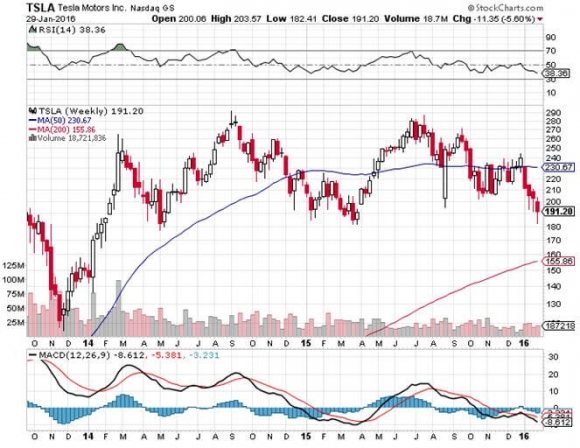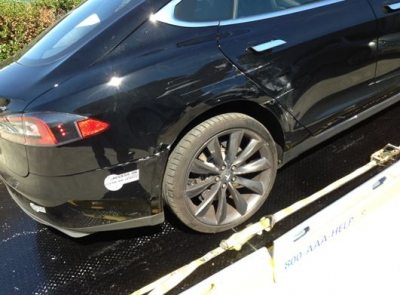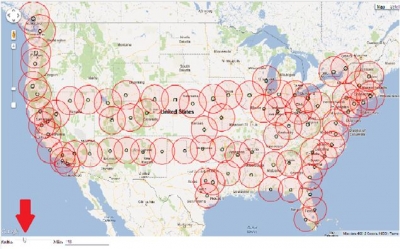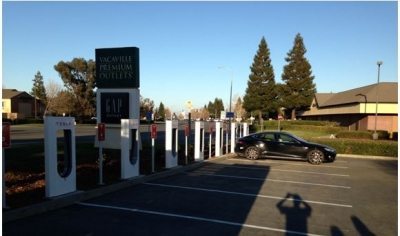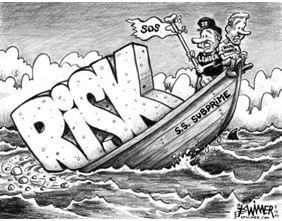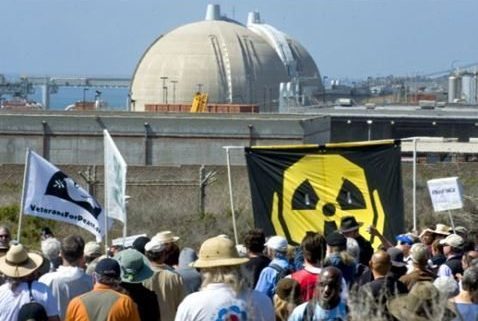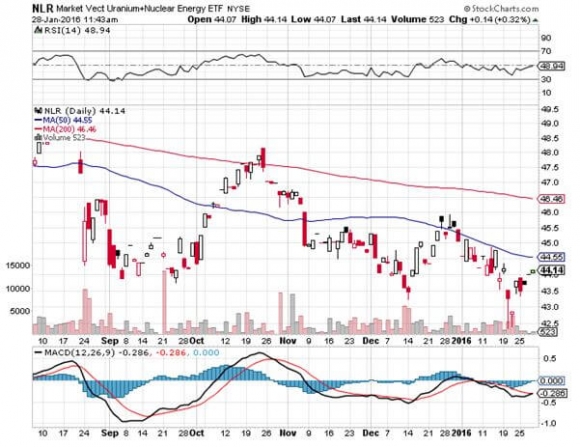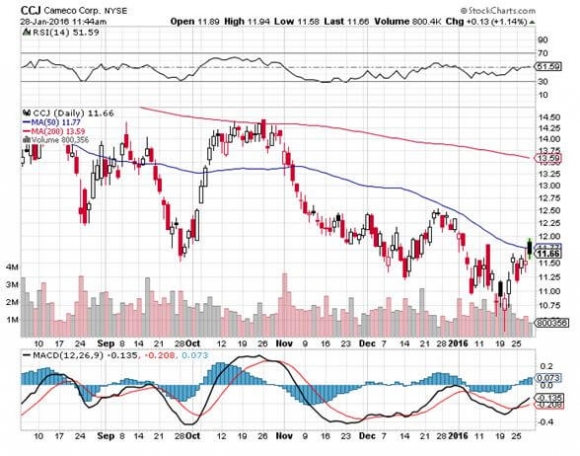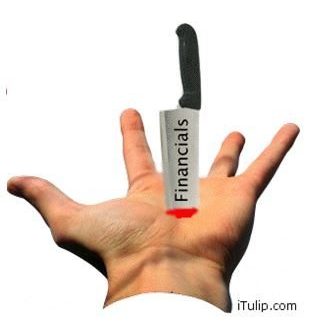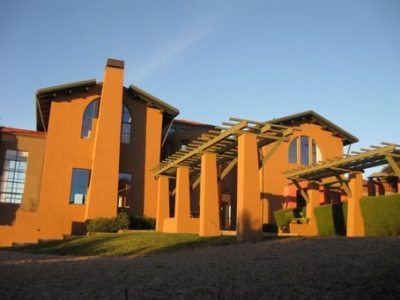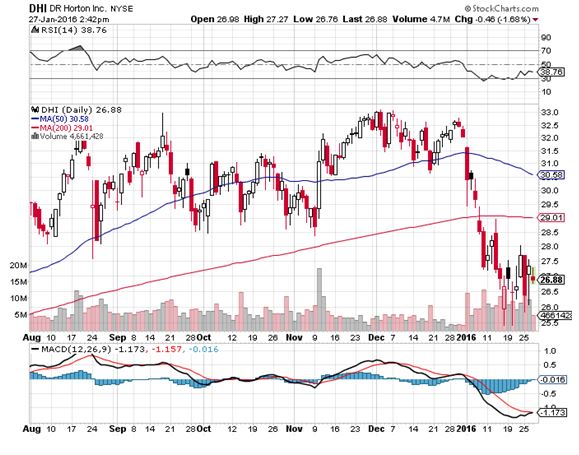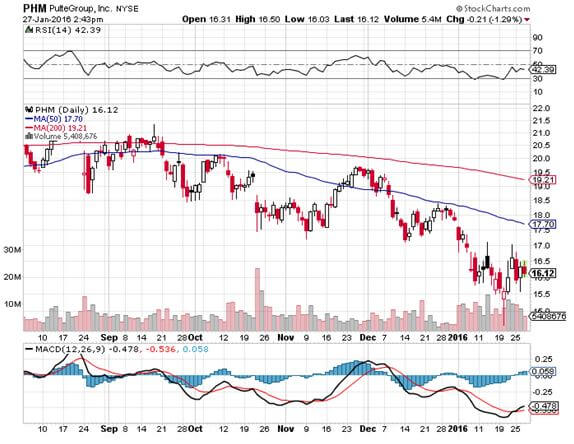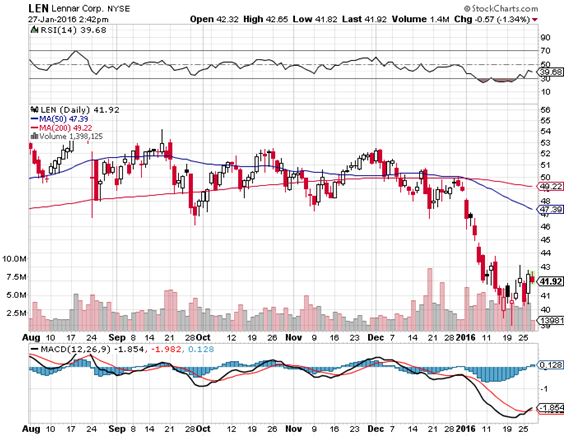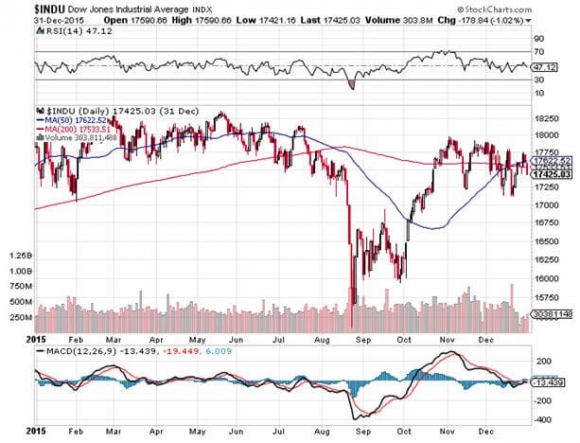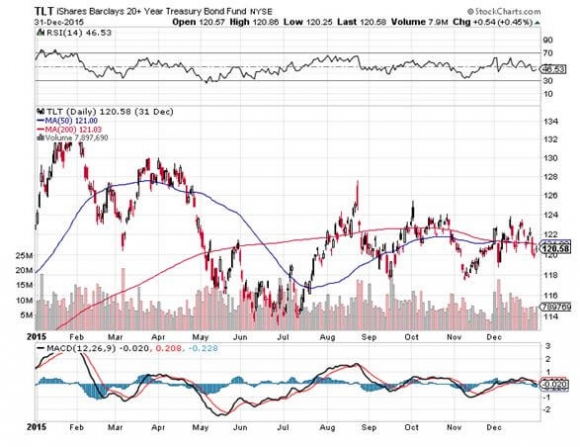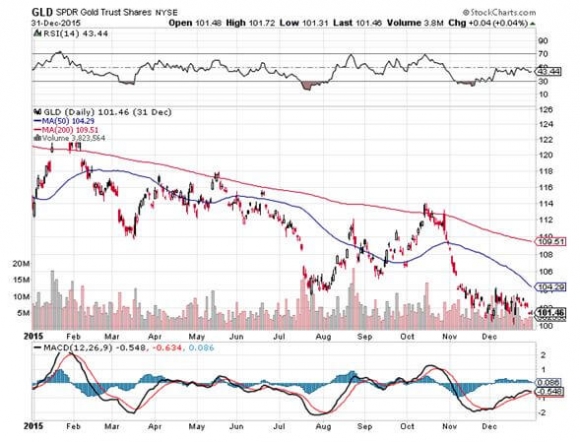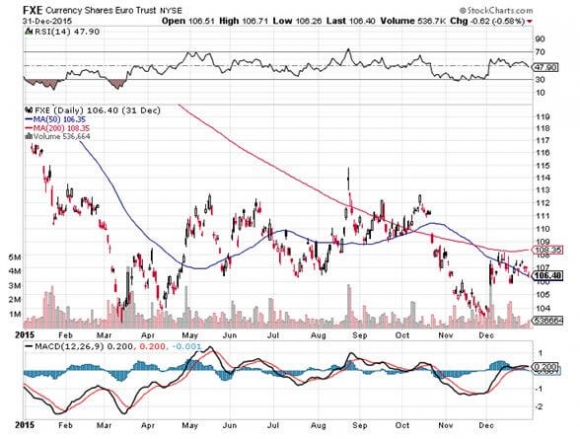The Tesla Model S1 (TSLA) has been rated by Consumer Reports magazine as the best car ever built, grabbing a covered 100 score out of 100. They called the vehicle ?perfect.?
It has been ranked by the US government Department of Transportation as the safest car ever built. Even competitors love the car.
So I decided to see if these vaunted claims were true and crash test my own $110,000 high performance Model S1 on public streets.
Actually, it wasn?t I who made the decision. It was the harried housewife with four screaming kids in the back seat speaking on a cell phone while driving who made that call.
She drove her GMC Silverado quad cab pickup truck straight into the side of my Tesla.
All I heard was a loud horn and a big slam as my car spun around 360 degrees. It was like going through aerobatic pilot school all over again.
I jumped out and asked if everyone was alright. They were.
All I found were four deadly silent boys and a woman crying over the phone to her husband about how his brand new truck had just gotten a small dent on the front bumper.
I inspected the barely visible damage, took pictures (see below), and calculated that her repairs would run about $1,500.
Bottom line on the safety issue? I didn?t even know that I had been in an accident. The vehicle is essentially a giant crumple zone. But it comes at a high price.
All four ultra thin racing tires tore off the wheels during the spin (expensive). That meant the custom painted 21-inch wheels had to scrape along the pavement, destroying them (more expensive). After teaching the AAA tow truck guy how to drive it, he hauled it away.
It was then that I learned about the arcane world of fixing Tesla?s.
Since the car is made out of aluminum, no neighborhood body shop can work on them, as it melts at a much lower temperature than steel. Standard welders are not allowed.
There are in fact only three specialized niche repair shops in the entire San Francisco Bay Area that can work with this ultra lightweight metal.
Brooks Auto Body of Oakland is one of them.
When I stopped by to talk about the job, the owner, a 6 foot 6 inch Korean guy, was in too much of a good mood. I would find out why later. Behind him were 16 other Tesla?s in varying states of disassembly.
News flash: These things are not cars. They are more like giant computers, with an 18-inch screen and a 1,200-pound battery. None of the components looked anything like car parts. Only the wheels belied any connection with transportation.
It took two months to finish the repairs. Since Tesla would only sign off on the car when it was perfect, it was sent back to the factory in Fremont three times for additional realignment and recalibration.
The final bill came to $32,000. The good news is that my lithium ion battery was fine, which would have cost an extra $30,000 to replace.
The really humiliating thing about the entire experience was that I had to drive a KIA Optima loaner until the Tesla was back in action. So for eight weeks, my life was dull, mean, and brutish.
Driving on the freeway, every nut and bolt made its presence felt. Wherever I went I left a trail of parts. And I had to buy gas at those ugly places that sell cigarettes, chewing tobacco, and condoms! Yuck! Once you?ve had electric, you never go back.
All of which brings me to Tesla?s share price, which has just taken a swan dive from $295 to $182 as hot money fled the big momentum names this year.
Let me tell you that the revolutionary vehicle is still wildly misunderstood, and the company has done a lousy job making its case. I guess you can afford that luxury when consumers line up for a year to buy your product.
The electric power source is, in fact, the least important aspect of the car. Here are 15 reasons that are more important:
1) The vehicle has 75% fewer parts than any other, massively reducing production costs. The drive train has 11 parts, compared to over 1,500 for conventional gasoline powered transportation. Tour the factory and it is eerily silent. There are almost no people, just a handful who service the German robots that put these things together.
2) No maintenance is required, as any engineer will tell you about electric motors. You just rotate the tires every 6,000 miles.
3) This means that no dealer network is required. There is nothing to fix.
4) If you do need to repair something, usually it can be done over the phone. Rebooting the computer addresses most issues. If not, they will send a van to do an onsite repair for free.
5) The car runs at room temperature, not the 500 degrees in standard internal combustion cars. This means that the parts last forever.
6) The car is connected to the Internet 24/7. Once a month it upgrades its own software when you are sleeping. You jump in the car the next morning and a message appears on your screen saying, ?We just upgraded the following 20 Apps.? This is the first car I ever owned that improved itself with age, as I do myself.
7) This is how most of the recalls have been done as well, over the Internet while you are sleeping.
8) If you need to recharge at a public station, it is free. Tesla has its own national network of superchargers that will top you up in 45 minutes, and allow you to drive across the country. (I can?t wait to try out the one in Winnemucca, Nevada on my trip to Chicago). But hotels and businesses have figured out that electric car drivers are the kind of big spending customers they want to attract. So public stations have been multiplying like rabbits. When I first started driving my Nissan Leaf in 2010 there were only 25 charging stations in the Bay Area. There are now over 1,000. They even have them at Costco.
9) No engine means a lot more space for other things, like storage. You get two trunks, a generous one behind, and a ?frunk? in front.
10) Drive an electric car and you can drive in the HOV commuter lanes as a single driver. This won?t last forever, but it?s a nice perk now. In California you are treated as visiting royalty.
11) There is a large and growing market for all American made products. Tesla has by far the highest percentage of US parts (100%) than any of the big three.
12) Since almost every part is made on site at the Fremont factory, supply line disruptions are eliminated. Most American cars are over dependent on Asian supply lines for parts and frequently fall victim to disruptions, like the Fukushima nuclear disaster.
13) There are almost no controls, providing for more cost savings. Except for the drive train, windows, and turn signals, all vehicle controls are on the touch screen, like a giant iPhone 5s.
14) A number of readers have argued that the Tesla really runs on coal, as this is still the source of 36% of the US power supply. However, if you program the car between midnight and 7:00 AM (one of my ideas that Tesla adopted in a recent upgrade), you are using electricity generated by the utilities to maintain grid integrity at night that otherwise goes unused and wasted. How much power is wasted like this in the US every night? Enough to recharge 150 million cars per night. As for me, I can recharge my car directly from solar panels.
15) Oh yes, the car is good for the environment, a big political issue for at least half the country.
No machine made by humans is perfect. So in the interest of full disclosure, here are a few things Tesla did not tell you before you bought the car.
1) There is no spare tire or jack, just an instant repair kit in a can.
2) The car weighs a staggering 3 tons, so conventional jacks don?t work. Lithium is heavy
stuff.
3) The car is only 8 inches off the ground, so only a scissor jack works.
4) The 21-inch tires on the high performance model are a special order. Get a blowout in the middle of nowhere and you could get stranded for days. So if you plan to drive to remote places, Like Lake Tahoe, as I do, better carry a 19-inch spare in the ?frunk? to get you back home.
5) If you let some dummy out in the boonies jack the car up the wrong way, he might puncture the battery and set it on fire. It will be a decade before many mechanics learn how to work with this advanced technology. The solution here is to put a hockey puck between the car and the jack. And good luck explaining what this is to a Californian.
6) With my Leaf, I always carried a 100-foot extension cord in the trunk. If power got low, I just stopped for lunch at the nearest sushi shop and plugged in for a charge. Not so with Tesla. You are limited to using their own proprietary 20-foot charging cable, or it won?t work.
The investment play here is not with the current Model S1, which is really just a test bed for the company to learn how to execute real mass production.
This is why the current price/earnings multiple is meaningless. Battery technologies are advancing so fast now, that range/weights are doubling every four years.
That means that in 2018 you should be able to buy the new Tesla 3 for $35,000 that gets 300 miles per charge and requires no fuel or maintenance for the life of the vehicle. That will be the same as paying $18,000 for a conventional gasoline powered model on a lifetime all in cost basis.
And guess what? Detroit is so far behind developing this technology that they will never catch up. My guess is that they eventually buy batteries and drive trains from Tesla on a licensed basis, as Toyota (for the RAV4) and Daimler Benz (for the A Class) already are.
All of Detroit?s existing hybrid technologies are older versions similarly purchased from the Japanese (bet you didn?t know that).
That leaves the global car market to Tesla for the taking. Sales in China started at a price 50% higher than here in the US, and the early indications are that they will be an absolute blowout. Government support there is no surprise, given that the air pollution in Beijing is so thick you can cut it with a knife.
This is when Tesla?s production rockets from the current 50,000 annual units to over 500,000 and takes over the world. That will boost the shares from the present $182 to over $500.
I would say $1,000 a share, but I don?t want to give it the Apple (AAPL) curse. So if you can use the current weakness to buy it under $160, you will be well rewarded.
You might also go out and buy a Model S1 for yourself as well. It?s like driving a street legal Formula 1 racecar and is a total blast. Just watch out for drivers of Silverado?s speaking on cell phones.
